Sustainable Souvenir Shopping: Bring Home Stories, Not Footprints
Chosen theme: Sustainable Souvenir Shopping. Welcome to a friendly guide for travelers who want keepsakes that honor the planet and people. Explore smart choices, heartfelt stories, and practical tips. Share your finds, ask questions, and subscribe to join our growing community of thoughtful explorers.
Why Sustainable Souvenir Shopping Matters
Tourism contributes a notable share of global emissions, and souvenirs can add silent weight through extraction, transport, and packaging. Choosing low‑impact items lowers that burden while transforming your purchase into a reminder that care traveled home with you.
Recycled, upcycled, reclaimed
Look for glass beads melted from bottles, fabrics woven from reclaimed fibers, or wood sourced from responsibly salvaged stock. These materials reduce the need for new extraction while turning yesterday’s waste into tomorrow’s heirlooms worth cherishing.
Natural fibers and nontoxic dyes
Choose organic cotton, linen, wool, or fibers like sisal and raffia colored with plant-based dyes. They feel alive, wear gracefully, and avoid the chemical residues that can harm waterways, artisans, and the places you fell in love with.
Low‑impact packaging
Ask for minimal or reusable packaging—cloth bags, recycled paper, or simply no wrapping at all. Every skipped plastic sleeve prevents more microtrash from entering local ecosystems. Share your packaging hacks in the comments to help other travelers succeed.
Spotting Greenwashing on the Road
Ask better questions
Who made this? Where? With what materials? How are workers paid? Sellers who welcome curiosity usually have nothing to hide. Start conversations, listen for specifics, and share your favorite questions below to help fellow readers shop smarter.
Price, provenance, and proof
Authentic craft often costs more because it pays people fairly and uses quality materials. Seek maker tags, studio addresses, or cooperative names. When certifications exist, check them; when they do not, look for transparent storytelling and consistent details.
Words that signal fluff
Beware vague phrases like “eco-friendly,” “natural,” or “sustainable” without context. Real impact is measurable: recycled content percentages, fair-wage statements, local sourcing. If the story feels thin, keep browsing and tell us what tipped you off.
Cultural Respect, Ethical Impact
Some designs carry spiritual meaning. Ask whether a pattern or object is appropriate for purchase or display. Respectful questions build trust, prevent harm, and ensure your keepsake honors the community that created its beauty and significance.
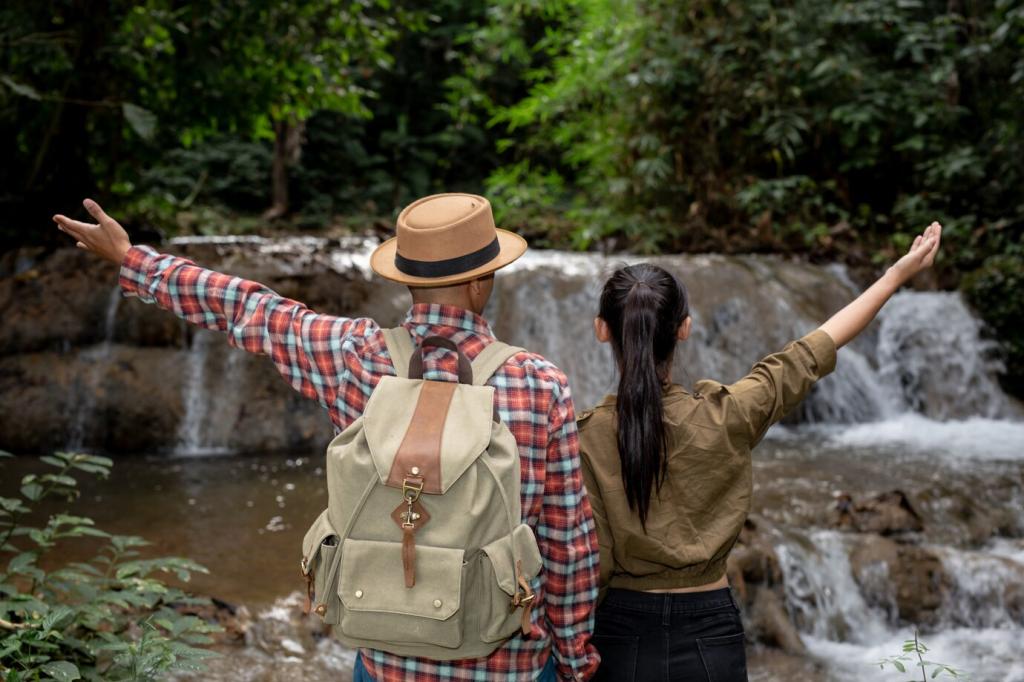
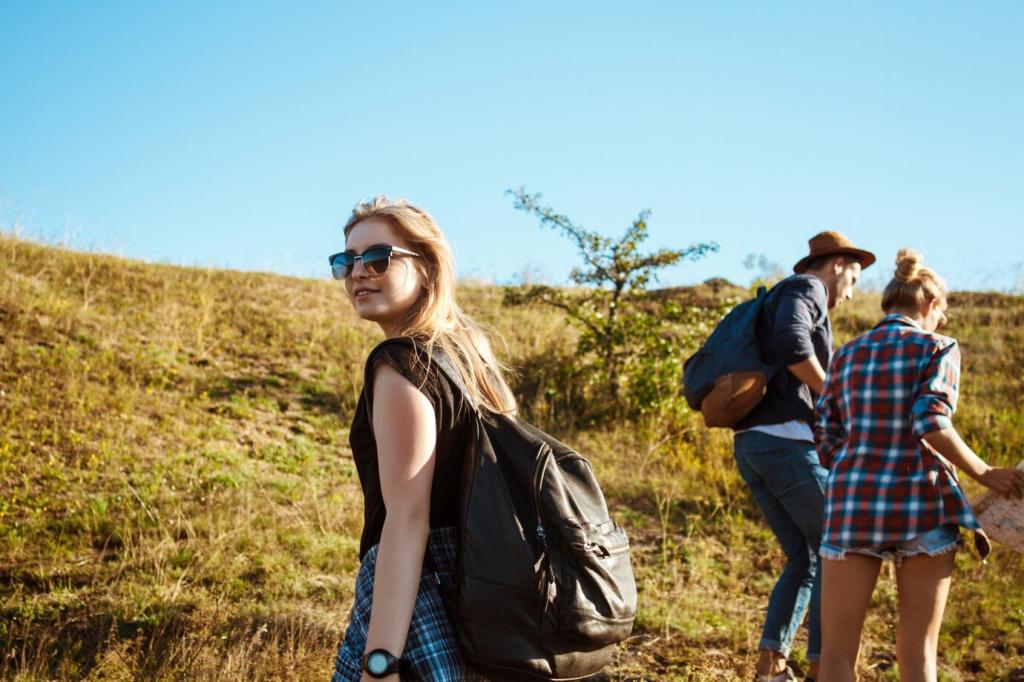
Cultural Respect, Ethical Impact
Bargaining has limits. Paying a fair price acknowledges skilled labor and time. When possible, buy from cooperatives or certified fair-trade partners, and share responsible vendors in the comments so others can support them on future trips.
Practical Buying Strategies
Pre‑trip planning saves waste
Research local crafts and ethical shops before departure. Mark neighborhoods, markets, and studios on offline maps. This intentional route helps you avoid impulse buys and ensures your spending supports the artisans you hoped to meet.
The One‑Thing Rule
Promise yourself one meaningful item per trip. This constraint focuses attention on quality, story, and durability. Share your one‑thing in the comments, and tell us why it beat every other option on the market stall.
Consider experience‑based souvenirs
Workshop vouchers, digital photo albums, and recipe cards from cooking classes create lasting memories with almost no waste. If you still want a physical piece, pair it with a skill you learned to deepen the connection with place.
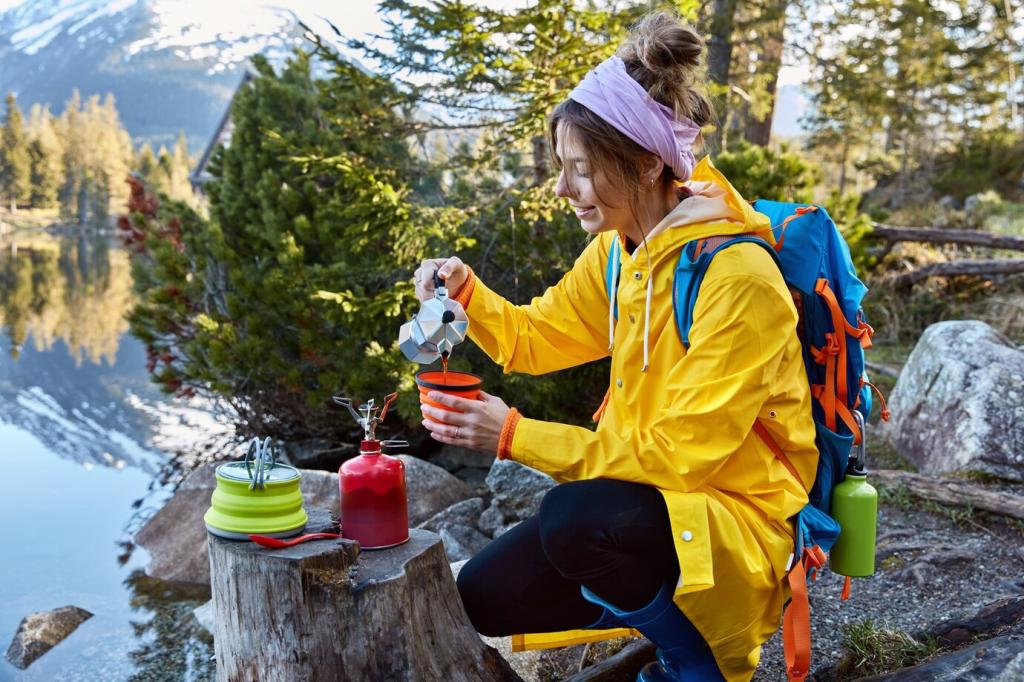
Recycled‑glass necklace, coastal Ghana
A traveler met a bead‑maker firing recycled bottles in a clay kiln. The artisan described colors tied to ocean changes. Every time the necklace is worn, it starts conversations about sea health, craftsmanship, and community resilience.

Handwoven tea towel, northern Portugal
A small weaving studio invited visitors to try a shuttle pass on century‑old looms. The towel returned home with slight imperfections—proof of human hands. It dries dishes daily, reminding its owner to slow down and buy with care.

Seed‑paper postcard that sprouted basil
Instead of mailing it, a reader planted the postcard in a sunny window. Weeks later, basil leaves scented the kitchen. That green sprig outlasted any trinket, turning a memory into dinners shared and recipes traded with neighbors.

Museum stores, social enterprises, and nonprofit galleries often curate verified artisan goods. Ask staff about maker partnerships and impact reports. Share your favorite venues so other readers can build an ethical map city by city.
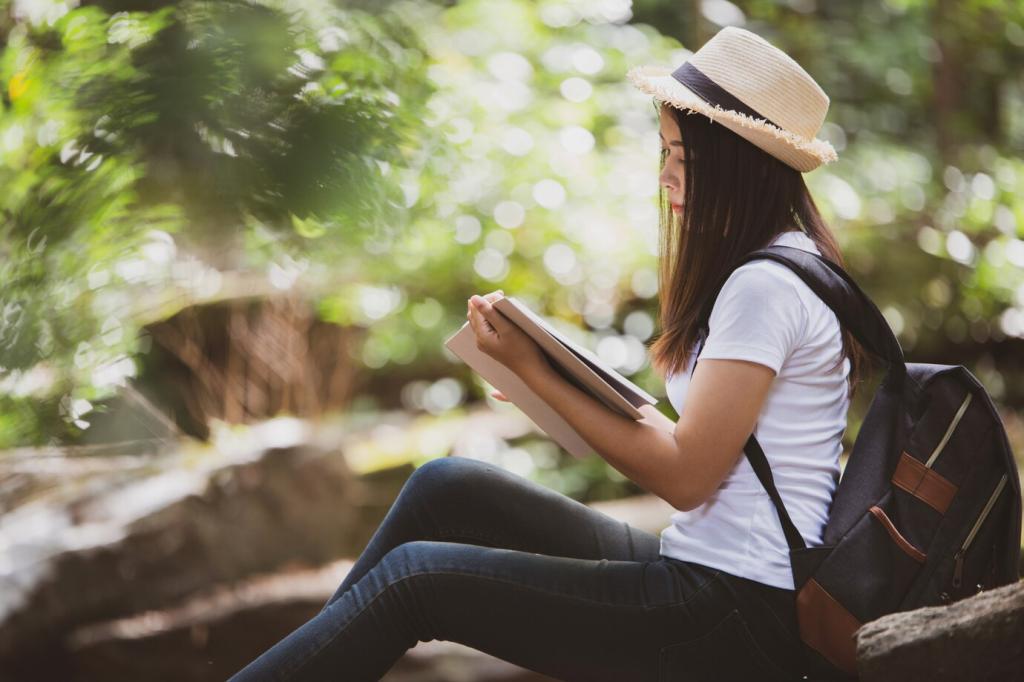
Cooperatives distribute earnings fairly and keep techniques alive. Maker spaces host workshops where you can meet creators, watch processes, and commission custom pieces. If you discover one, drop a tip in the comments for the community.
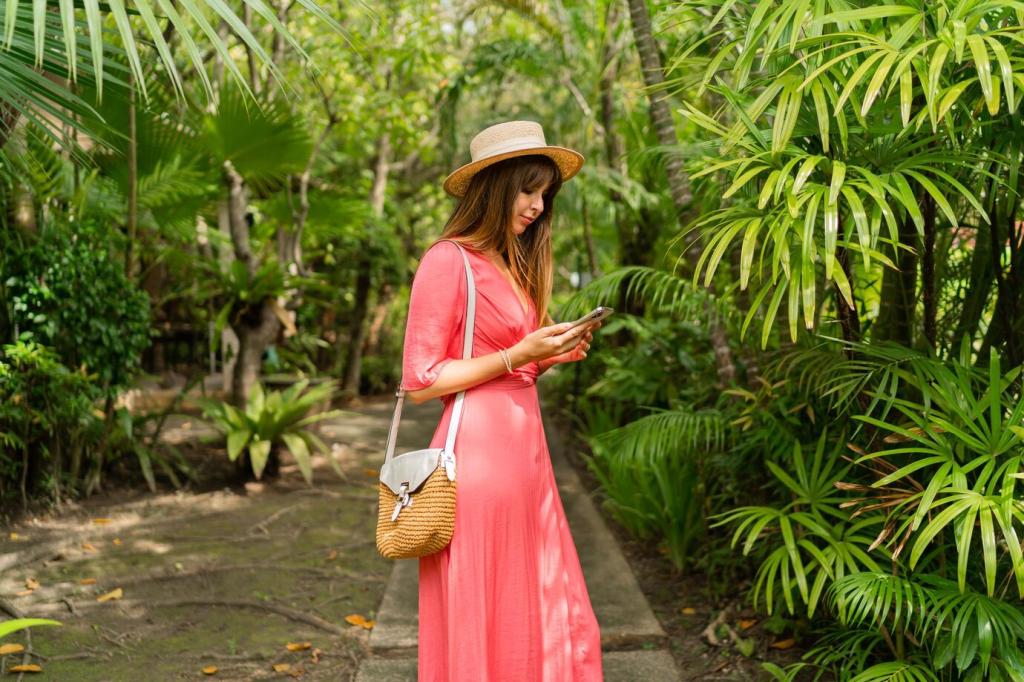
Pin ethical markets, refill stations, and packaging‑free stores on your map. Follow local tourism boards promoting responsible shopping. Subscribe for our quarterly city guides, and tell us which destinations we should research next.
